Legal status of CBD and THC in the UK
min. reading
The market for hemp products in the UK is one of the largest in Europe. As in other global markets, interest in CBD in the UK is strong and growing. Under British law, CBD is not a controlled substance, it is perfectly legal. Interestingly, not every product containing cannabidiol is compliant with UK law! Sounds complicated? Read on to find out more about this paradox, the legality of another psychoactive ingredient – THC, and cannabis seed-based products from the perspective of British law.
To understand the legal status of CBD and hemp products in the UK, it is important to remember that most of them are made from the inflorescences of true hemp or cannabis plants. In both cases, there is some content of the psychoactive THC, which is a controlled and illegal substance under British law. The former will have a lower, while the latter will have a higher tetrahydrocannabinol content. So, in addition to cannabidiol, which is the most common component of hemp resin or herb, there are other components in CBD extracts, such as THCA, THC or CBN, whose legal status is different. The non-psychoactive cannabinoid – CBD – has been recognized in a number of clinical studies as a hemp ingredient that has a broad spectrum of effects on the human body. According to a WHO (World Health Organization) report, cannabidiol is a safe, non-toxic, and well-tolerated substance that is currently registered as a drug that works for several conditions. However, its potential is much greater, and research on that is still underway. In addition to CBD’s medicinal effects, it can also be consumed in the form of dietary supplements or products containing it.
Table of Contents
CBD market in the UK
And it is this trend of using CBD as a daily dietary supplement, like other vitamin supplements or plant extracts, that has taken firm root in the British market. Its popularity is so great that the Center for Medicinal Cannabis has estimated the market size for CBD products alone at £300 million. They also forecast that it will be worth nearly £1 billion by 2025. The immense popularity has forced the authorities to introduce regulations to control the market for these products, with the aim of standardizing regulations and eliminating unfair practices from the market. Under the new regulations, the CBD market has been divided into 2 groups:
- Medical products requiring a license.
- Consumer products that must meet 3 requirements.
Currently, the MHRA (UK’s Medicines and Healthcare Products Regulatory Agency) requires all licensed medicinal products to meet safety, quality and efficacy standards – only then can they be sold in pharmacies. A company that wants to produce and sell medical CBD products must apply for a license or a “marketing authorization” to produce medical CBD products. In addition to meeting stringent requirements for medical quality and pharmaceutical standardization, the license must be paid for – and the cost is £103,000.
When it comes to the consumer market for CBD products, i.e. supplements or food, there are also some restrictions. Companies legally selling CBD products must meet 3 requirements:
- The psychoactive THC content in their products must not exceed 0.2%.
- They cannot inform consumers about any medical properties of CBD.
- The company must apply for authorization of novel food.
Although CBD is legal and authorized in the UK, products must meet certain requirements to be legally marketed. Companies can make and sell products containing CBD, but they must promote them as dietary supplements, not drugs – that is, they must follow the guidelines for novel food provisions. In addition to meeting THC limits and an obligation imposed on the manufacturer to refrain from making any health claims, the CBD product must also be registered as a novel food – this is now a legal requirement. In addition, any CBD product sold in the UK must come from hemp grown in the EU, and despite meeting the THC percentage requirement, it cannot contain more than 1 mg of THC per serving/package.
Status of hemp food in the UK
In the case of products made from hemp seeds, for example, oil, seeds or protein, the regulatory requirements are not as stringent as for CBD. Even at the stage of obtaining permission to grow fibre hemp in the UK for seed food, the farmer is subject to different regulations than if it were a crop for CBD production. The licensing system is more lenient in this case, and the license itself can be obtained by the farmer for up to 3 seasons.
Due to the absence or trace amounts of THC in hemp seeds, foods made from it are not subject to authorization. It is sufficient that certified seeds are used at the cultivation stage. A licensed grower may only cultivate a cannabis variety that is on the list of approved varieties and contains less than 0.2% THC. In addition, a license to grow hemp for seed or fibre only permits the use of those parts of the hemp plant (i.e., seeds and stalks). This means that other parts of the plant not only cannot be used for any other purpose but they also must be destroyed. Hemp food that comes from such licensed cultivation is legal in the UK and can be marketed.
THC in the UK – is it legal?
Under British law, it is illegal to consume, possess, produce or sell recreational marijuana. Also, small amounts of THC found in CBD preparations, such as oils, exceeding the 0.2% level, render these products illegal on the British market. Therefore, it is important to keep in mind the different limits of the psychoactive substance THC in European countries and worldwide, as there are places where, for example, a level of 0.3% THC is allowed, such as in Poland. In this case, when importing THC oil from Poland, which contains between 0.2% and 0.3% THC, you will be carrying a product that is illegal.
As for the cultivation of cannabis for recreational use, it is illegal. The production or sale of marijuana is punishable by up to 14 years in prison. The situation is different when it comes to the cultivation of medical cannabis, also with a high concentration of THC. Such cultivation is allowed only to selected entities that have obtained a license from the Ministry of the Interior. The license itself is very difficult to obtain, while the goods from such a crop are entirely for the medical market.
Medical marijuana in the UK – has it been legalized?
New laws legalizing the medical use of cannabis in the UK were passed in November 2018. Since then, British patients can legally treat themselves with cannabis. In addition, cannabis-based medicines have begun to be available in pharmacies on prescription, and such prescriptions can be obtained from doctors of certain specialties. Cannabis has moved from Schedule 1 drug (i.e., Drugs without medical use) to Schedule 2, which includes opioid drugs and other strictly regulated prescription drugs with narcotic potential.
The decision to introduce medical cannabis was prompted by the MHRA’s recognition of the medical potential of hemp’s active ingredients, including CBD. Cannabis-derived medicinal products such as Sativex and Epidiolex have also been approved. A central registry of medical marijuana patients called Cancard has also been introduced to make law enforcement and patients’ lives easier. Each patient on the register gets a special card, which they show to the police in case of an inspection. This allows them to freely use cannabis-based drugs in public spaces without fear of arrest or administrative punishment.

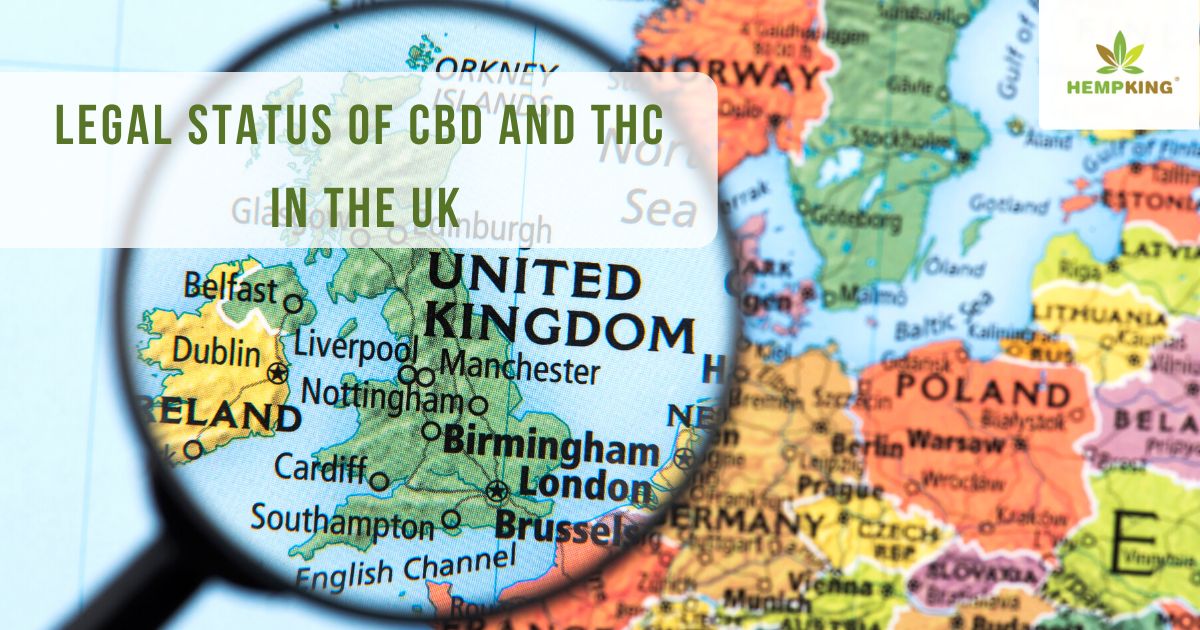
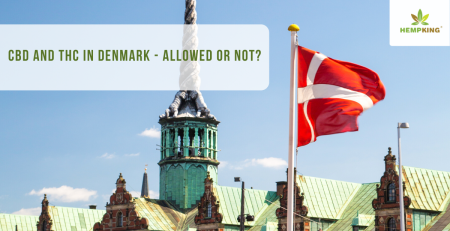

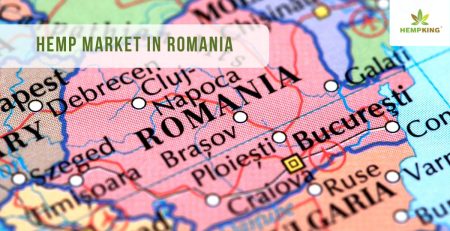

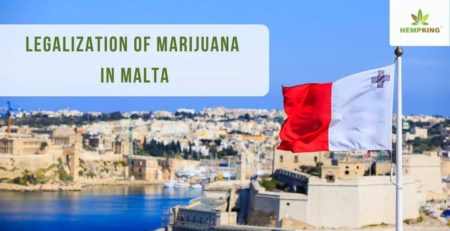
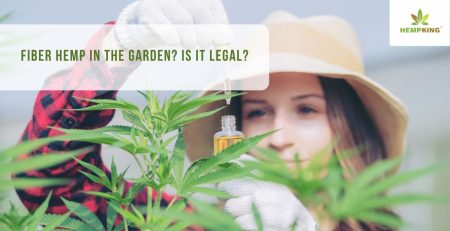
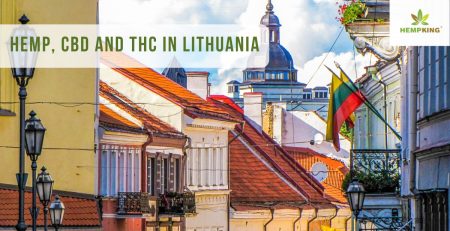
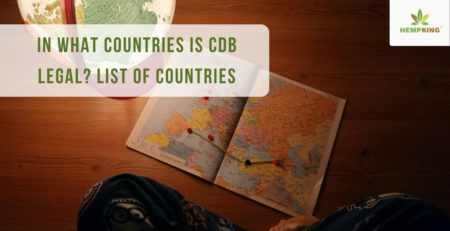
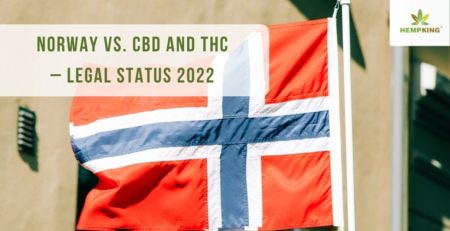

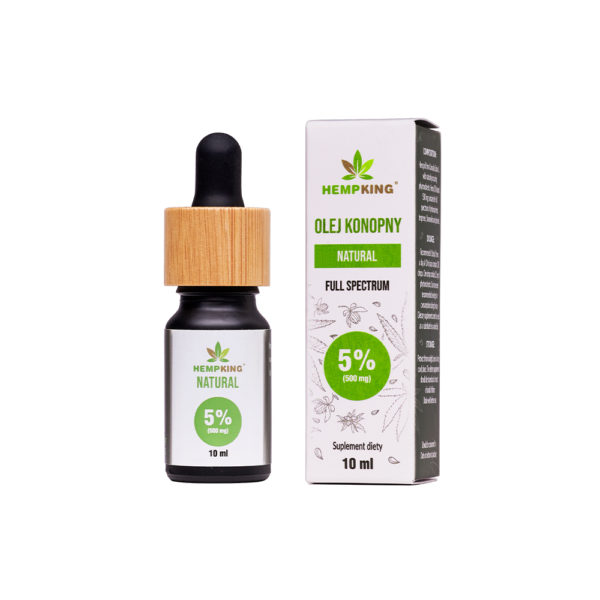
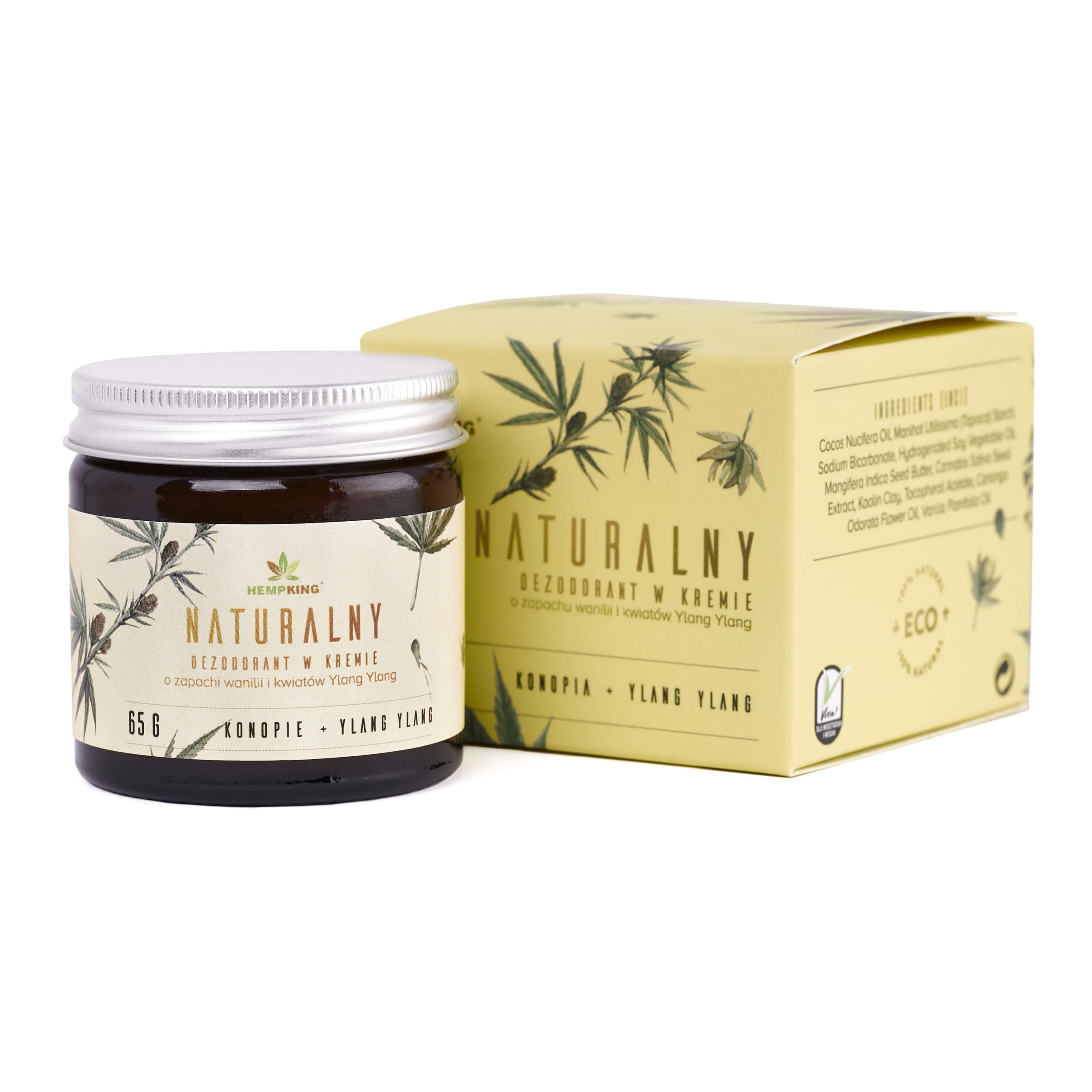
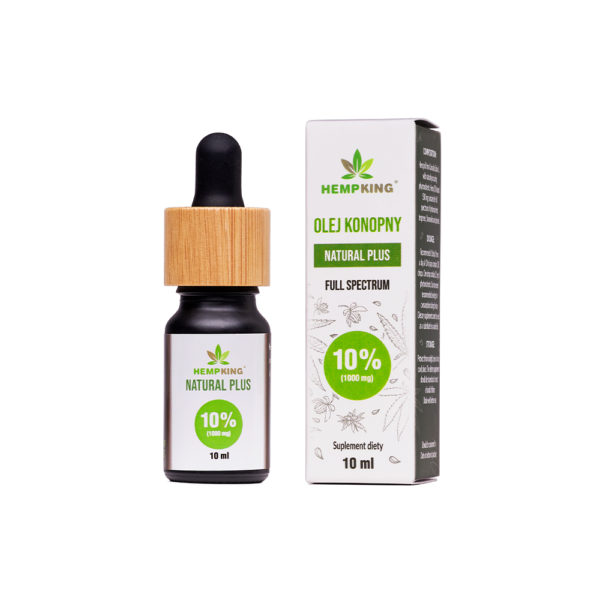
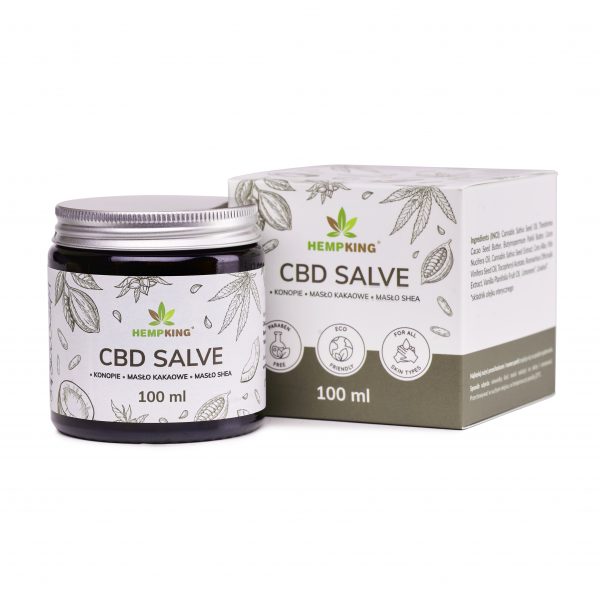
 Facebook
Facebook Instagram
Instagram

Leave a Reply